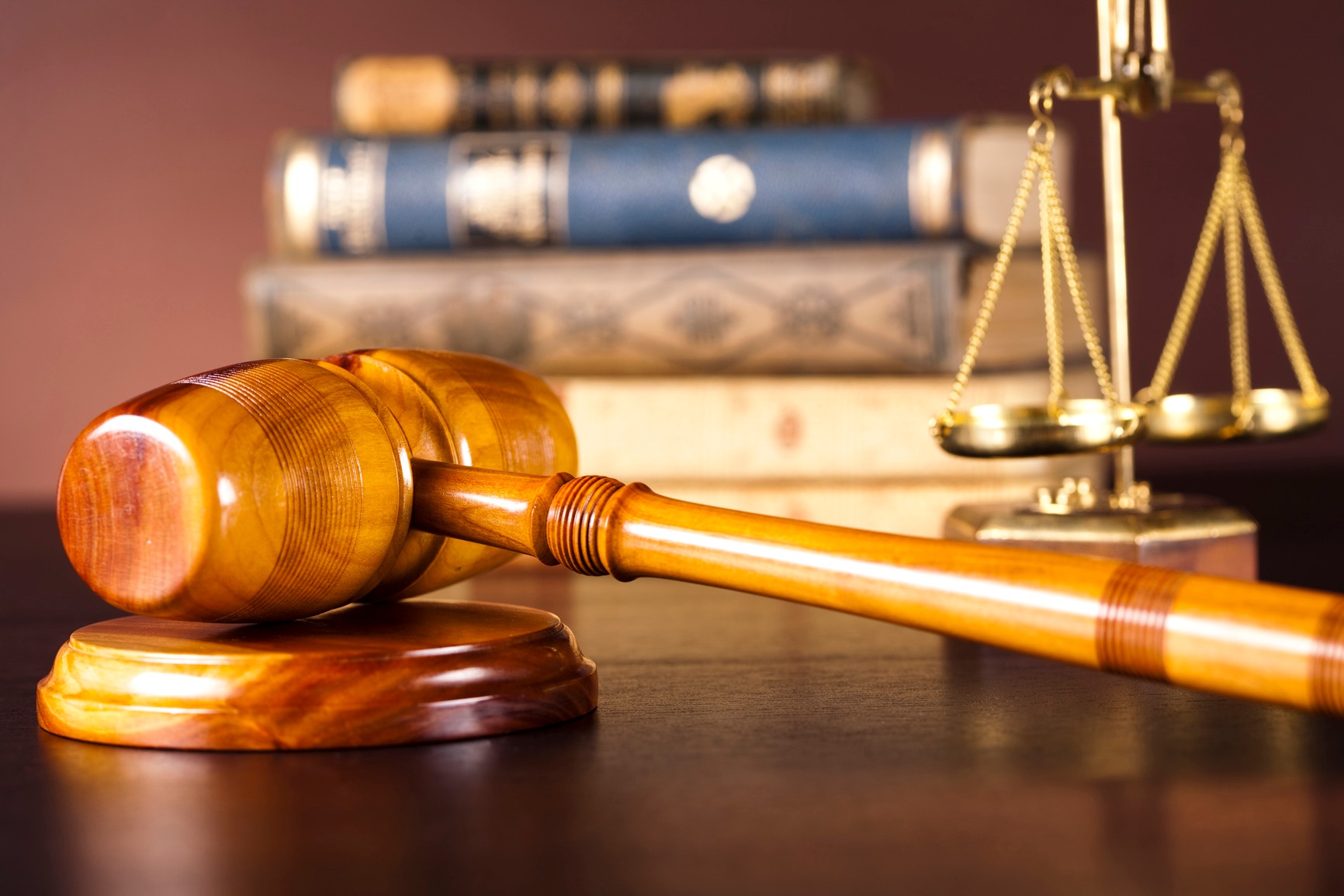For the most part, anyone reading this post can accurately and succinctly describe what a lawsuit is. Hundreds of hours of film and television are dedicated to the inherent drama that plays out between two opposing forces. Yet there's much more to the legal process besides screaming "I object" at a frowning character actor in black robes. The textbook definition describes it as “a case in a court of law involving a claim, complaint, etc., by one party against another.” Put like this it sounds like a simple process, a few hours and everything is solved, everyone goes on with their lives. However as so many things in life, a lawsuit is rarely so simple. It involves many steps before, during, and after it. These steps as well as many other legal procedures fall under the umbrella of 'litigation.'
This will largely be a portrait of the myriad ways litigation happens before it moves into a court room. Often going to trial is the last resort, it's a time consuming and monetarily exhausting process, the hope is to find a resolution before it comes to that.
The very first thing that happens is one party claims that a second party has violated their rights. This first party is known traditionally as the plaintiff but also referred to as the complainant or prosecution. The person being accused would then accept or deny the allegations pleading either guilty or not guilty. Generally this answering party is called the defendant. For example in a criminal case, it’s the state making the initial claim, they’re the prosecution, and the accused is the defendant.
Then follows a long investigatory period in which both the plaintiff and defendant attempt to accumulate evidence proving their position. During this period there are three types of discovery that are most often used. First are interrogatories which are written questions. Depositions are oral statements usually taken by an attorney. Subpoenas are warrants to obtain documents that may help shed light on the particulars of the case. These are not the only means of collecting discovery but are for some types of cases the most prudent.
The final step in avoiding crossing the threshold of a court room involves seeking an alternative dispute resolution or ADR. Most commonly this will consist of arbitration or mediation; however there are several other types of ADR.
Mediation is the two sides getting together with an impartial trained mediator and attempting to work out a solution outside of the courts.
Arbitration is a sort of stripped down trial not in front of a judge but an arbitral panel. After a relatively short hearing the panel will issue an ‘arbitral award.’
This was a quick rundown of just some of the things you may be able to expect when starting litigation, but it's just the tip of a very large iceberg. Each and every case brings with it specifics that set it apart from every other case and which will change the way the case is handled. That's just one of the many reasons having an experienced attorney no matter the nature of your case. Should you be seeking representation please reach out for a free consultation.
If you are seeking representation for a litigation related matter, call today for a free consultation 800-709-1131 or fill out a contact form on our website for a no-cost consultation.We hope to hear from you today!



